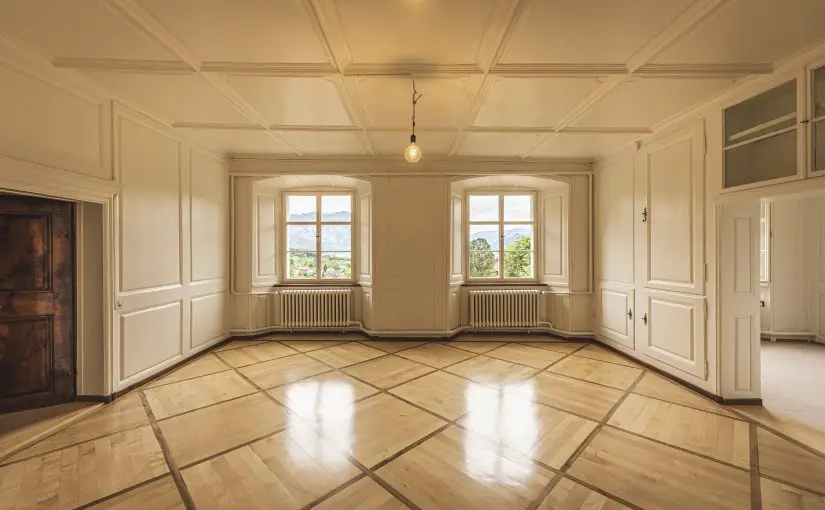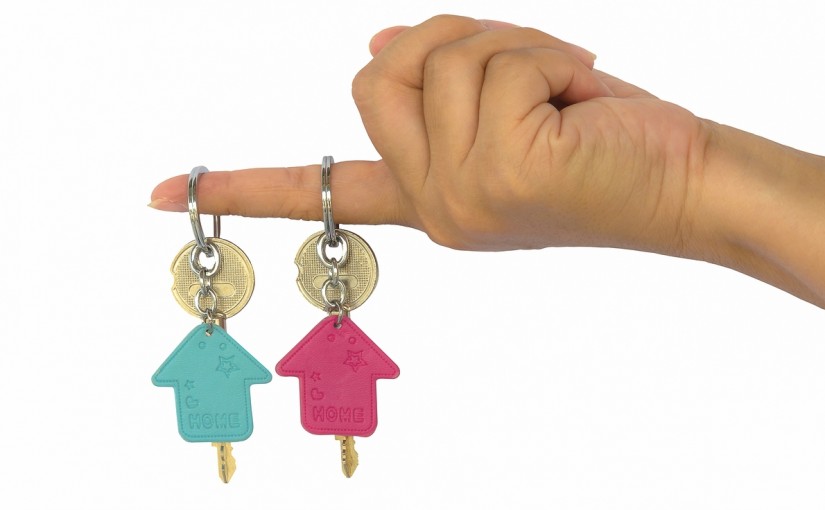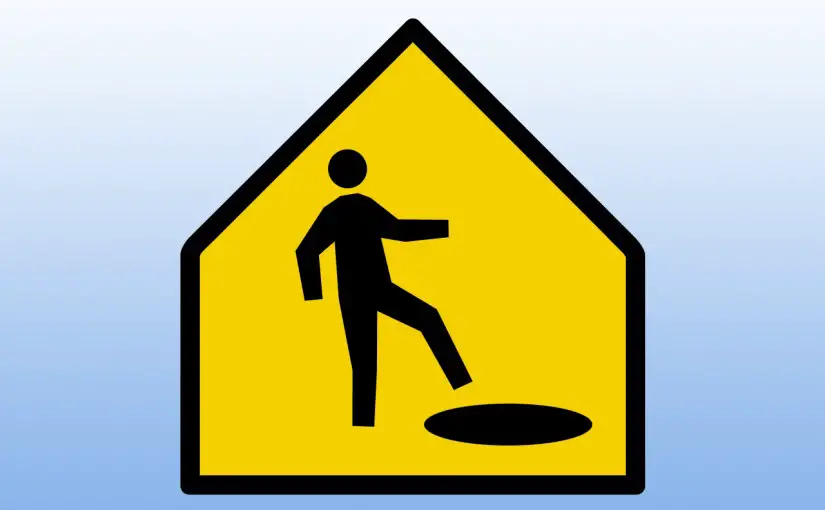Lots of folks believe this to enter the world of property; you require plenty of money. But it doesn’t imply that a person with less or no cash can’t begin a real estate company. In This article we have covered the full topic of – how to do real estate business with no money?
The first thing required to initiate a real estate company (or any business, really) is the ideal mindset. You will need to work out creative and innovative ways of getting financing for your real estate deal, especially when you’ve got no funds to spend.
A business is successful once you earn profit by selling your goods or services. This is true for the real estate business, also. The best thing about the property sector is that everyone can start this business with the wish to sell the property and earn high returns.
So, how can you begin a real estate company with zero capital? How can you organize financing to back up your real-estate deal?
If these questions are running through your head, then we have got helpful answers for you.
How to Make Money in Real Estate Without a License
Real estate is an exciting business. I have met a few of the most driven and enthusiastic individuals, lots of whom are currently lifelong buddies. It keeps you on your feet! When most folks consider transitioning to a career in real estate, but the first thing that comes to mind is becoming a certified realtor. With all the licensing and education requirements, however, that may seem quite daunting. Many don’t understand that you may work in real estate without a license in most countries. In actuality, a quick scan of the internet job boards shows the assortment of opportunities.
How to Start a Real Estate Business with No Money
Here Are Five Powerful ways to start a property dealing Company (How to do real estate business with no money) with zero Cash in your pocket, Plans you can learn from and apply in other businesses as well:
1. Buy a House as a Main Home
You can buy a house to live in with a zero money down VA or USDA loan, remain there for at least one year, then move out and turn the house into a rental home. Do not forget that equity building through property investing also contains the houses where you live. Additionally, the down payment and credit rating requirements for a primary residence are always less strict compared to investment property. Living on your insignificant farms first is an excellent way to avoid the more rigorous lender rules for property investment properties.
2. Purchase a Duplex, and Reside in 1 Unit while You Rent Out another One
Did you know that you could fund a two-unit duplex using an FHA loan? You reside in one unit and rent out the other property for additional cash. Along with the reduced down payment requirement, the best thing about this property investing strategy is the lease you derive from the opposite side of this duplex will most likely play a significant part of your mortgage!
3. Create a HELOC (Home Equity Line of Credit) on Your Primary Residence or another Investment Property.
For those who have a large quantity of equity on your primary residence or another property rental property. Many banks will provide you with a HELOC, which you can then use for property investing. A normal HELOC will make a line of money in hand for around 70-80% of the instant equity in your currently owned land.
However, the HELOC can also be utilized as a zero-down mortgage to fund a rental property.
The HELOC interest rate is generally the prime rate and 1 or 2%, which now puts them around 5 percent. But the principal benefit of the HELOC is that it usually does not have any closing costs, and you’ll be able to close quickly with only a Drive-By evaluation on your premises. Some banks won’t charge you for this particular examination.
By way of instance, if the interest is $300, you can simply pay that minimum amount, or pay extra money each month to repay the principal. This permits you to make your mortgage under your terms.
Assuming the prime rate stays stable, the total amount of interest will fall as you pay down the principal monthly.
4. Ask the Seller to Pay your Closing Costs.
On many property transactions, the property seller is willing to cover buyer closing costs to incentivize a sale. However, the trade-off will most likely have to supply the full asking price or close to it. This is reasonable, so long as your lease is enough to cover all your expenses and give you little monthly cash flow. However, at full asking price in the event, the lender quotes you an entire mortgage payment (including insurance and taxes ). Which is equal to or higher than the lease you can reasonably cost, search for another deal.
5. Utilize a Bank that Pays Closing Costs or Supplies a Rebate on your Down Payment.
In combination with Freddie Mac’s Home Possible Advantage program, Quicken Loans has just promoted a 1% down payment option on single-family houses for owner-occupied properties. The buyer puts up 1 percent, and Quicken Loans provides a grant for another 2% needed. A 680 credit rating and a debt-to-income ratio of 45 percent or less will be required.
Sometimes the interest rate is slightly higher to get this deal, but some lenders are currently advertising. They’ll pay closing costs without increasing interest rates. Check with a site such as bankrate.com or do a Google search for a listing of those companies.
Whichever of these methods you opt to use, the most crucial point to bear in mind is that investing in real estate with very little money is a superb way to build wealth. It is among the very few investment approaches where you can begin without large quantities of cash. One never knows when particular property programs will come and go. So make sure to benefit from these ideas while they’re still around.
Is real estate an excellent way to earn money in 2020?
Real estate is best regarded as a long-term investment – it pays off best when held through the years. You can purchase property in 2020, but you would want to hold onto it for 20–30 years for the best results. Suppose you can find sellers that will sell their property for you at a substantial discount below market value. In that case, you can create a whole lot of cash in a couple of weeks through wholesaling or flipping. But finding people who will sell the property to you for 10–20 percent or more below market value is a whole lot tougher than finding quality properties that will appreciate and supply decent cash flow over the longer term.
How to Start Investing in Real Estate with Little Money
For many people, the term “investing” conjures up images of men in suits, tracking the exchange of tens of thousands of dollars on a stock ticker.
I am here to tell you: You do not have to be the Wolf of Wall Street to begin investing. It’s okay if you are more of a mouse of Main Street. Even if you just have a few bucks to spare, your money will grow with compound interest.
The key to building wealth is developing good habits–such as regularly putting money away each month. Replace the barista-made cappuccinos for coffee in your home, and you may already be saving more than $50 per month.
As soon as you have a little cash to play, you may begin to invest.
It’s just as straightforward. Having a robo-advisor or savings account, you can make your money work as you play. With a stock trading program, you can play a little money and learn valuable investing lessons simultaneously. Exactly like Halloween costumes, investing comes in several diverse forms. It should not be a scary word.
With so many diverse choices, investing for novices is more straightforward and more uncomplicated than ever before.
Conclusion
Property coping is a very profitable business. Use the ways mentioned above to enter this line of business even when you don’t have cash. But, do not forget that entry is simply the first step on the ladder of success. How your company grows and succeeds is mainly based on your hard work and your ability to recognize opportunities and take action accordingly.
Ready to begin taking advantage of the current opportunities in the housing market?
Whether you are new to investing or have closed a few bargains. Our new online property course will cover everything you will need to know to help you start real estate investing. Professional investor than Merrill explains the very best property plans to help get you on the path towards a better financial future.
About the author: My name is King kentus i blog at komback.com and i am the CEO of the said website.





